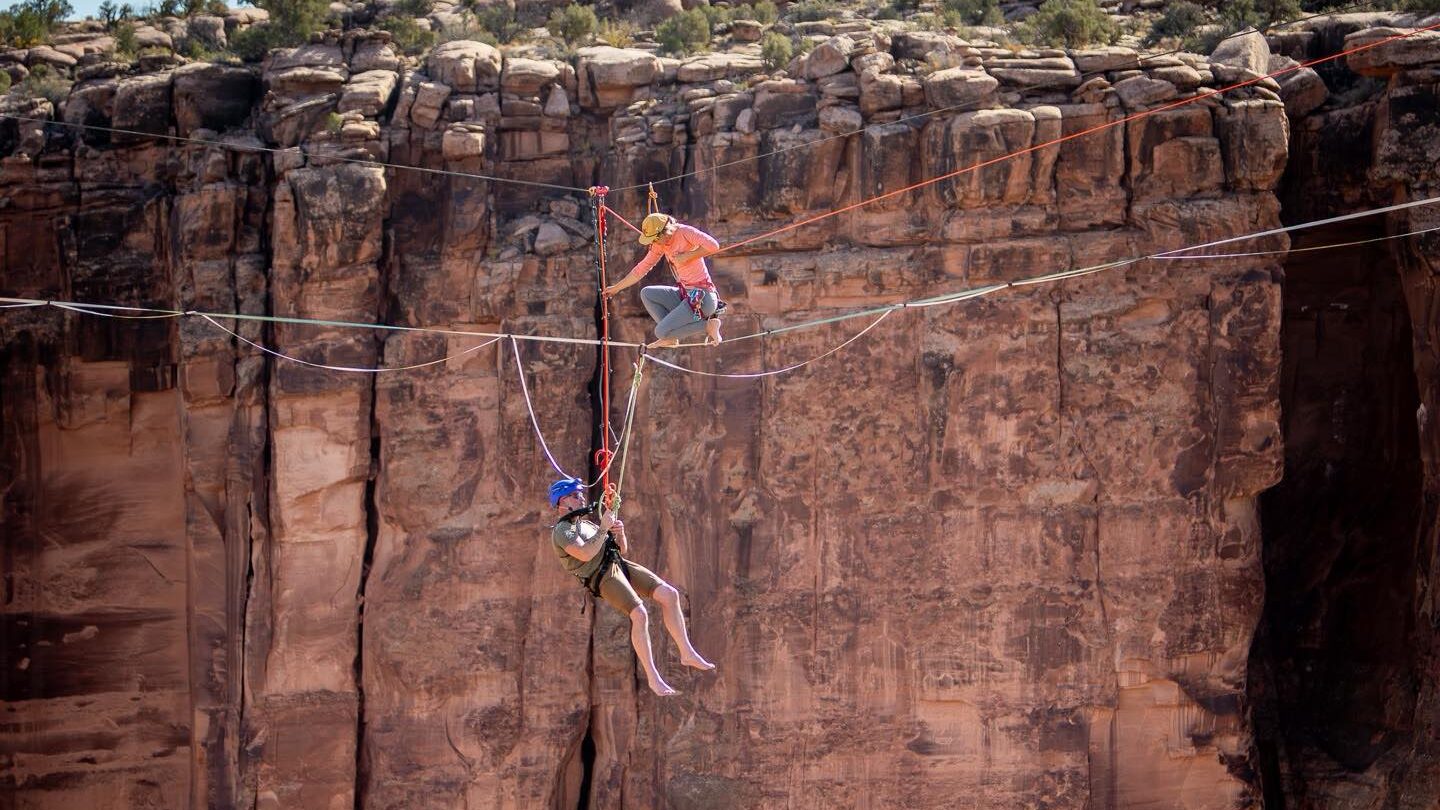Some information may be outdated.
Elizabeth Kitchens takes the helm for the Utah Chapter
“It’s a big job and I’m filling some big shoes,” says Elizabeth Kitchens as she takes the baton from Dave Livermore as the new director of The Nature Conservancy Utah State Chapter.

The Nature Conservancy works in every state, over 70 countries, and employs 4,000 people globally with a mission “to conserve the lands and waters on which all life depends,” according to their website.
Kitchens has been with TNC for over 20 years, both as an attorney and in various roles within the Western US and Canada divisions. She’s stayed with the organization for the same reason that she started– a deep passion for wildlife protection.
“We work in Utah with land trusts—acquiring properties that expand an existing preserve or protect a wildlife corridor,” Kitchens said.
A local example is the Scott and Norma Matheson Wetlands Preserve, a collaboration with the Utah Division of Wildlife to protect 900 acres of wetlands in the area between the Colorado River and the City of Moab. The entrance has been closed due to damage from flooding in August 2022, though Kitchens said that they are working on finding alternate access points—“a costly endeavor,” she said.
Kitchens will also oversee The Nature Conservancy’s work with the Division of Water Resources, air policy advocacy groups and legislators, and the agricultural community on other large-scale projects in Utah including protecting the Great Salt Lake, the Colorado River and rangelands and sagebrush.
Rolling up her sleeves
“It’s an emotional job and it’s not easy,” Kitchens said of the extensive challenges that are addressed by The Nature Conservancy. However, the strength and support of the community at The Nature Conservancy keeps her going, summed up by their motto: “You come for the mission, and you stay for the people.”
With such a broad reach, the group is strategic about the change they want to make on the big challenges of climate change and biodiversity loss. Solutions-based collaborative approaches are “in their DNA,” according to Kitchens.
Kitchens said that she finds motivation from The Nature Conservancy programs like the Wings and Water program, which has brought 20,000 fourth graders to the Great Salt Lake since its inception in 2006. A first-hand experience with the creatures in this ecosystem—even for one day—helps students build a feeling of awe of the natural world, according to Kitchens.
She also hopes to expand the NATURE (Native American Tribes Upholding Restoration and Education) program at the Dugout Ranch Canyonlands Research Center in Indian Creek. The program at the Moab-area research ranch builds engagement in caring for the land for Native American college students attending Utah State University– Blanding. Last year six students participated and Kitchens hopes there will be more.
Kitchens’ story
A born-and-raised Westerner, Kitchens is familiar with life in the arid country. Her grandparents were alfalfa farmers and cattle ranchers in New Mexico and, through their experience, she says that she recognized the reliance on water for livelihood.
She remembers walking around in the irrigation ditches with her sisters, realizing: “Without this water, none of this would be possible,” she said.
“We have a limited resource and we have to figure out how to use it and protect it at the same time,” Kitchens said.
Kitchens said that a deep passion for wildlife protection keeps her grounded in her commitment to serving in the role of director.
“[The work] feeds my soul,” she said. “Every day I have something to be thankful for.”
All change takes time, said Kitchens, but “this job gives me hope.”
Appreciate the coverage? Help keep local news alive.
Chip in to support the Moab Sun News.





